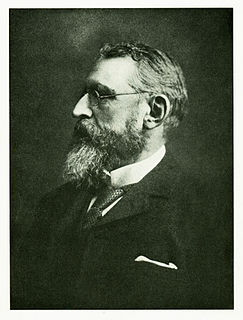
Richard James Mulcahy was an Irish Fine Gael politician and army general who served as Minister for Education from 1948 to 1951 and from 1954 to 1957, Minister for the Gaeltacht from June 1956 to October 1956, Leader of the Opposition from 1944 to 1948, Leader of Fine Gael from 1944 to 1959, Minister for Local Government and Public Health from 1927 to 1932, and Minister for Defence from January to April 1919 and from 1922 to 1924. He served as a Teachta Dála (TD) from 1922 to 1938, and from 1943 to 1961. He was a Member of Parliament for the Dublin Clontarf constituency from 1918 to 1922.
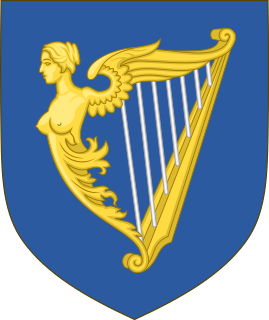
The Irish Parliamentary Party was formed in 1874 by Isaac Butt, the leader of the Nationalist Party, replacing the Home Rule League, as official parliamentary party for Irish nationalist Members of Parliament (MPs) elected to the House of Commons at Westminster within the United Kingdom of Great Britain and Ireland up until 1918. Its central objectives were legislative independence for Ireland and land reform. Its constitutional movement was instrumental in laying the groundwork for Irish self-government through three Irish Home Rule bills.

Count George Noble Plunkett was a biographer, politician and Irish nationalist who served as Minister for Fine Arts from 1921 to 1922, Minister for Foreign Affairs from 1919 to 1921 and Ceann Comhairle of Dáil Éireann in January 1919. He served as a Teachta Dála (TD) from 1918 to 1927. He was a Member of Parliament (MP) for Roscommon North from 1917 to 1922.
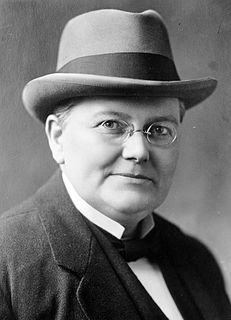
Hugh Edward Kennedy, KC was an Irish Fine Gael politician, barrister and judge who served as Chief Justice of Ireland from 1924 to 1936, a Judge of the Supreme Court from 1924 to 1936 and Attorney General of Ireland from 1922 to 1924. He served as a Teachta Dála (TD) for the Dublin South constituency from 1923 to 1927. As a member of the Irish Free State Constitution Commission, he was also one of the constitutional architects of the Irish Free State.
The Irish Socialist Republican Party was a small, but pivotal Irish political party founded in 1896 by James Connolly. Its aim was to establish an Irish workers' republic. The party split in 1904 following months of internal political rows.
Events from the year 1965 in Ireland.
Events from the year 1944 in Ireland.
Events from the year 1923 in Ireland.
Events from the year 1902 in Ireland.
North Kilkenny was a parliamentary constituency in Ireland, represented in the House of Commons of the Parliament of the United Kingdom. It returned one Member of Parliament (MP) from 1885 to 1922.
The League for a Workers' Republic (LWR) was a Trotskyist organisation in Ireland.
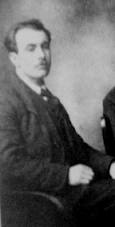
Séumas Robinson was an Irish republican and politician.
Faughs GAA Club is a Gaelic Athletic Association (GAA) hurling and camogie club in Templeogue, Dublin, Ireland. They have won 31 titles.
William Kenny PC (I), QC, was an Irish judge and Liberal Unionist politician.
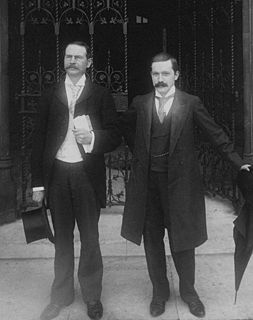
Jeremiah McVeagh was an Irish nationalist politician and Member of Parliament (MP) in the House of Commons of the United Kingdom of Great Britain and Ireland.

James Boyle was a solicitor and Irish Nationalist politician from Stranorlar in County Donegal, who served briefly in the United Kingdom House of Commons as a member of the Irish Parliamentary Party at the start of the 20th century.
John Muldoon was an Irish barrister and nationalist politician. He was a Member of Parliament (MP) for most of the period between 1905 and 1918, representing three different constituencies in the House of Commons of the United Kingdom of Great Britain and Ireland.

Maurice George Moore, CB was an Irish author, soldier and politician.
The 1906 North Galway by-election was held on 28 February after the MP elected in the general election in January 1906, Thomas Higgins, died before his election declaration at the 1906 general election.


